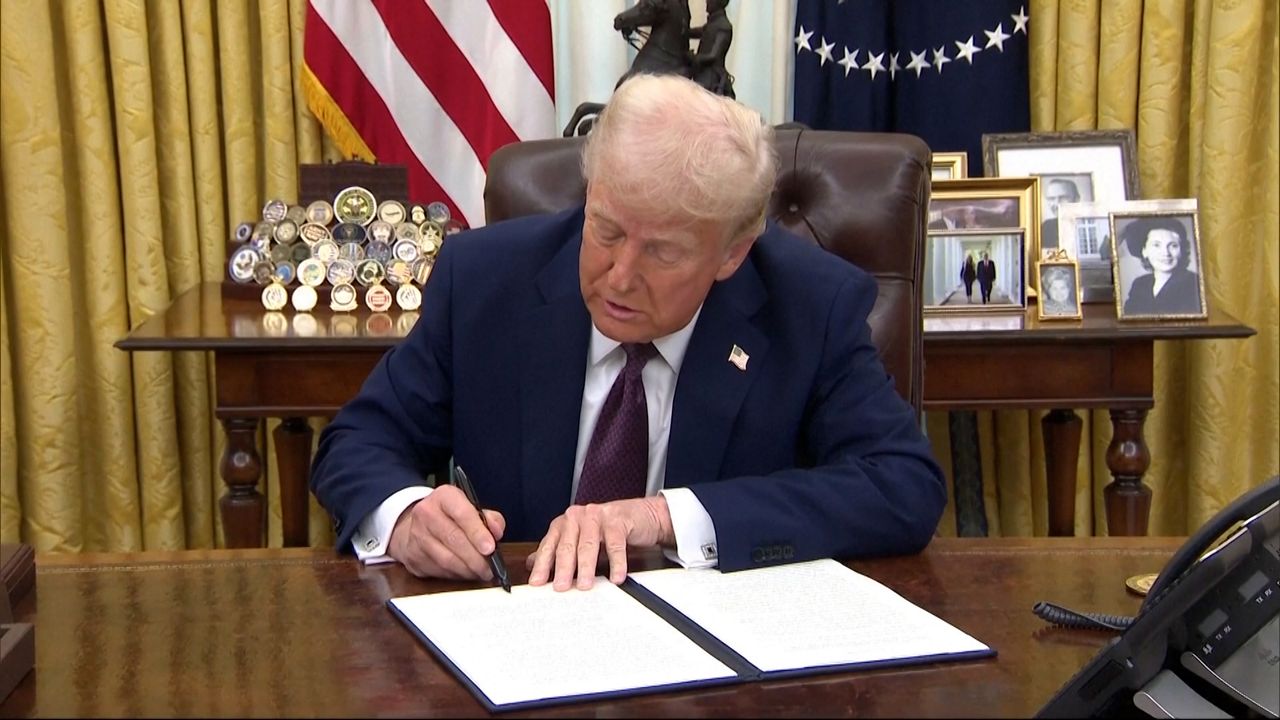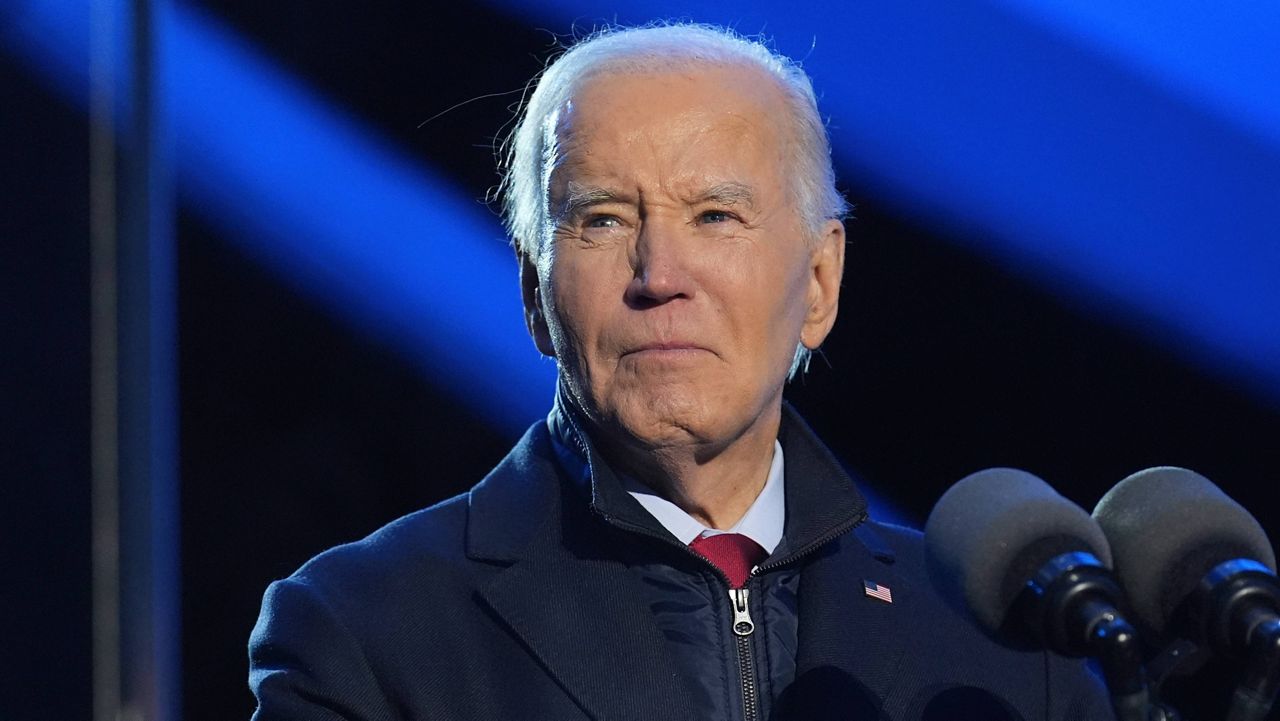After 14 years in the U.S. House of Representatives and another 18 in the U.S. Senate, Ohio Democrat Sherrod Brown delivered a farewell speech this week that didn’t sound much like a farewell.
“This is my last speech on the Senate floor. But it is not – I promise you – the last time you’ll hear from me,” an emotional Brown said as he ended his address to a standing ovation from his Senate colleagues and current and former staff.
Brown, the last Democrat to hold statewide office in the former battleground state of Ohio, lost his bid for a fourth term to Republican Bernie Moreno in the most expensive Senate race of the year.
Supporters want Brown to run for Senate again in two years – to fill the seat Vice President-elect JD Vance will vacate – or run for governor.
In a sit-down interview with Spectrum News on Thursday, Brown insisted his next steps are unclear, though he said he wants to help his party regain its footing in middle America.
“My post Senate career, I don't know if I run for office, I don't know what I do, but I know I want to make the Democratic Party the party of workers again,” Brown said.
The 72-year-old said a major factor in his decision-making will be his family – his wife, Pulitzer Prize-winning writer Connie Schultz, their four children and seven of their eight grandchildren traveled to Washington to watch his final speech from the Senate floor.
“My family is, more than anything, weighing in here and will weigh in,” Brown told Spectrum News. “They've sacrificed a lot, frankly, for my time in elected office. So there are a lot of things I can do.”
What Brown has decided is that his party has lost its way.
“My criticism is my party, that – we're not strong enough. We’ve become too corporate. We’ve become too bicoastal,” he said. “We've become too lackadaisical about talking directly to workers. Not in a ‘pat ‘em on the head sort of way,’ but talking directly to workers, ‘How do we help fix your lives?’”
Brown is a respected progressive voice in Democratic politics who considered running for president in 2019, going as far as holding a listening tour in the four early-voting states.
He famously wears a pin featuring a canary in a birdcage, a reminder of a time when canaries were used in mines to warn of poisonous gases before unions and government-mandated safety standards.
Before his 32 years in Congress, Brown spent eight years as Ohio Secretary of State and eight years as a representative in the Ohio House. He’s held elected office for 48 of the last 50 years, winning his first election right out of college.
On Capitol Hill, some of his crowning achievements are laws he spent years – sometimes decades – fighting for that are named after Ohioans: the Butch Lewis Act to protect pensions and the Sergeant First Class Heath Robinson PACT Act to help veterans exposed to toxic burn pits. His final days in the Senate have been spent getting the “Social Security Fairness Act” passed to help boost benefits for certain pensioners, a bill he’s worked on for a decade. Senators voted it through just after midnight on Saturday morning.
As Democrats regain their footing after a tough election cycle, Spectrum News asked Brown who he considers to be the future of the party nationally.
“I don't have any names I'm going to give you,” he said. “There's a number of people I've worked with in the Senate that are really strong labor advocates, worker advocates.”
Brown added: “Whoever it is, it's not so much the messenger to me, and it's not just the message. It's not, ‘We got to talk more to workers,’ it's fighting.”
Brown received over 100,000 more votes than Vice President Kamala Harris did in Ohio, but he still lost to Moreno by four points in a bruising race that nearly half a billion dollars was spent on.
A person familiar confirmed Brown has not spoken with Moreno since Election Day. On X this week, Moreno referred to Brown as “big time loser Sherrod Brown.”
As has been the case in many parts of the country, the working class industrial communities that were once Democratic bastions in Ohio now lean firmly Republican. Brown said he feels the GOP has won those voters through more talk and less action.
“The real focus there is, who's on the side of workers? I always will be, no matter what I do next. My party usually is, but needs to be more aggressive and less corporate in that,” he said.
It’s an argument that Brown said he’ll continue to aggressively make, even if he is no longer in the Senate.











